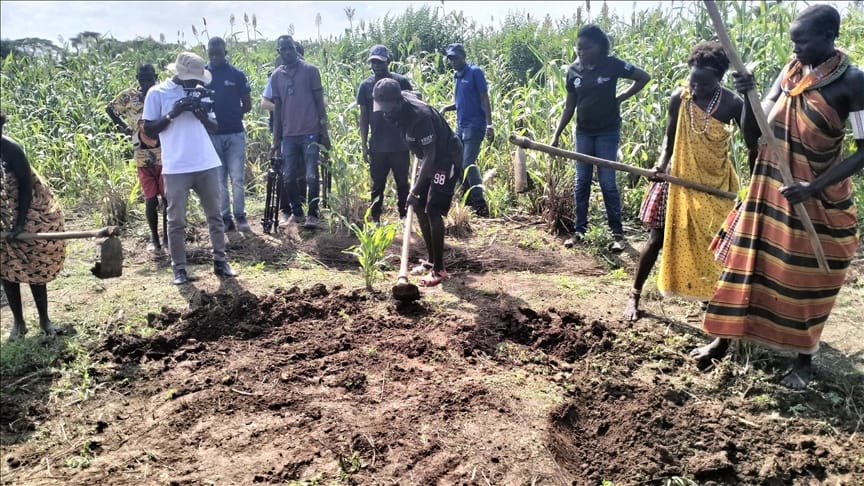Farmers in the Eastern Equatoria state of South Sudan are facing severe food shortages as erratic rainfall, prolonged droughts and pest infestations have devastated their crops, leaving thousands in hunger.
Failing harvests and limited income have forced many families to sell firewood and produce charcoal to survive. Local farmers describe deteriorating conditions, with some saying their entire crops have been destroyed by drought and birds, leaving their children malnourished.
International organizations, including the World Food Programme (WFP), are stepping in to implement climate-adapted farming techniques to help communities cope with changing weather patterns. But the crisis persists and South Sudan’s governor acknowledges that drought, pests and floods continue to threaten food security in many areas.
The latest food security assessment warns that around 57% of South Sudan’s population will face acute hunger by April, underscoring the urgent need for long-term solutions to address climate-related agricultural losses.


